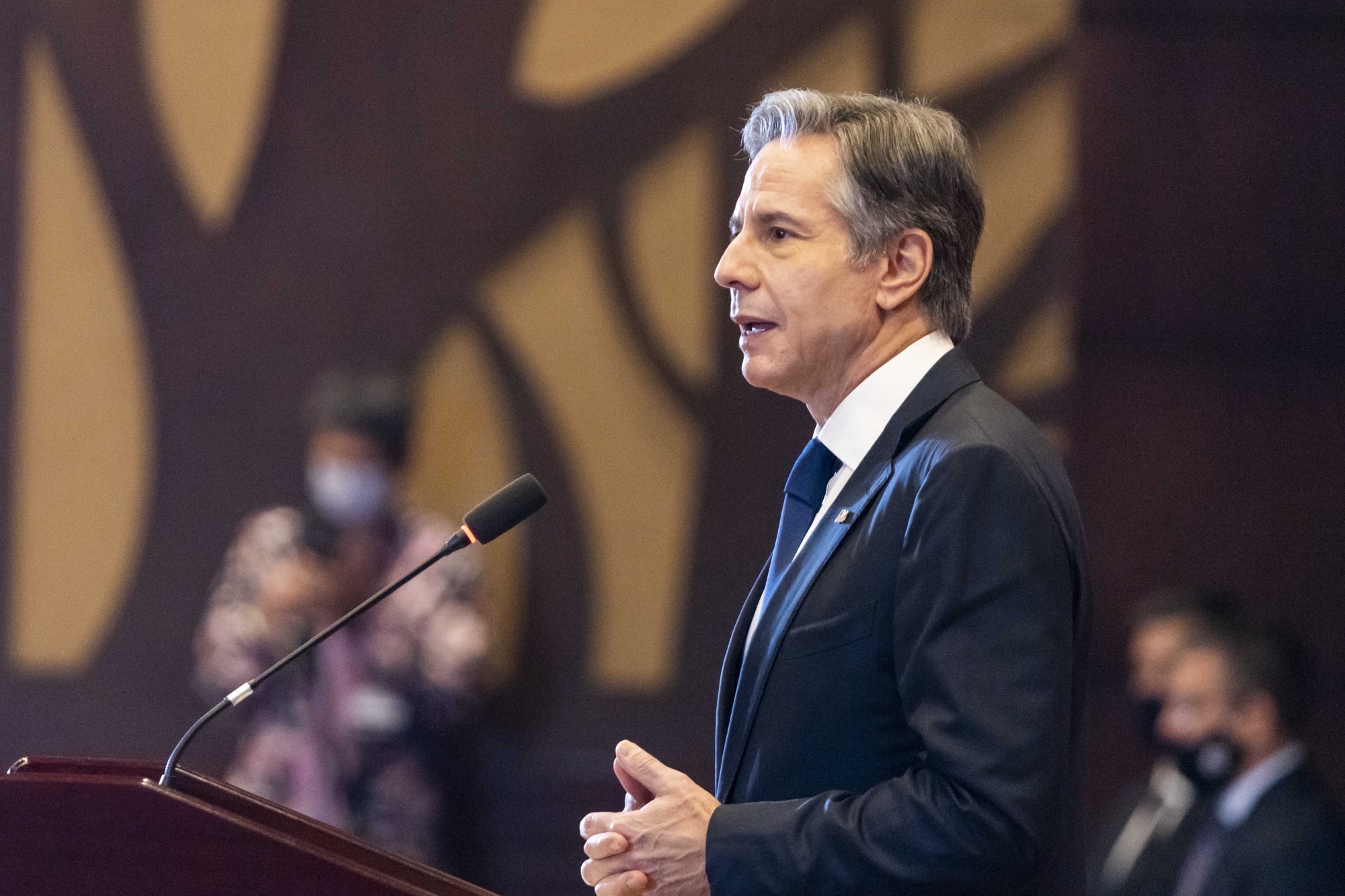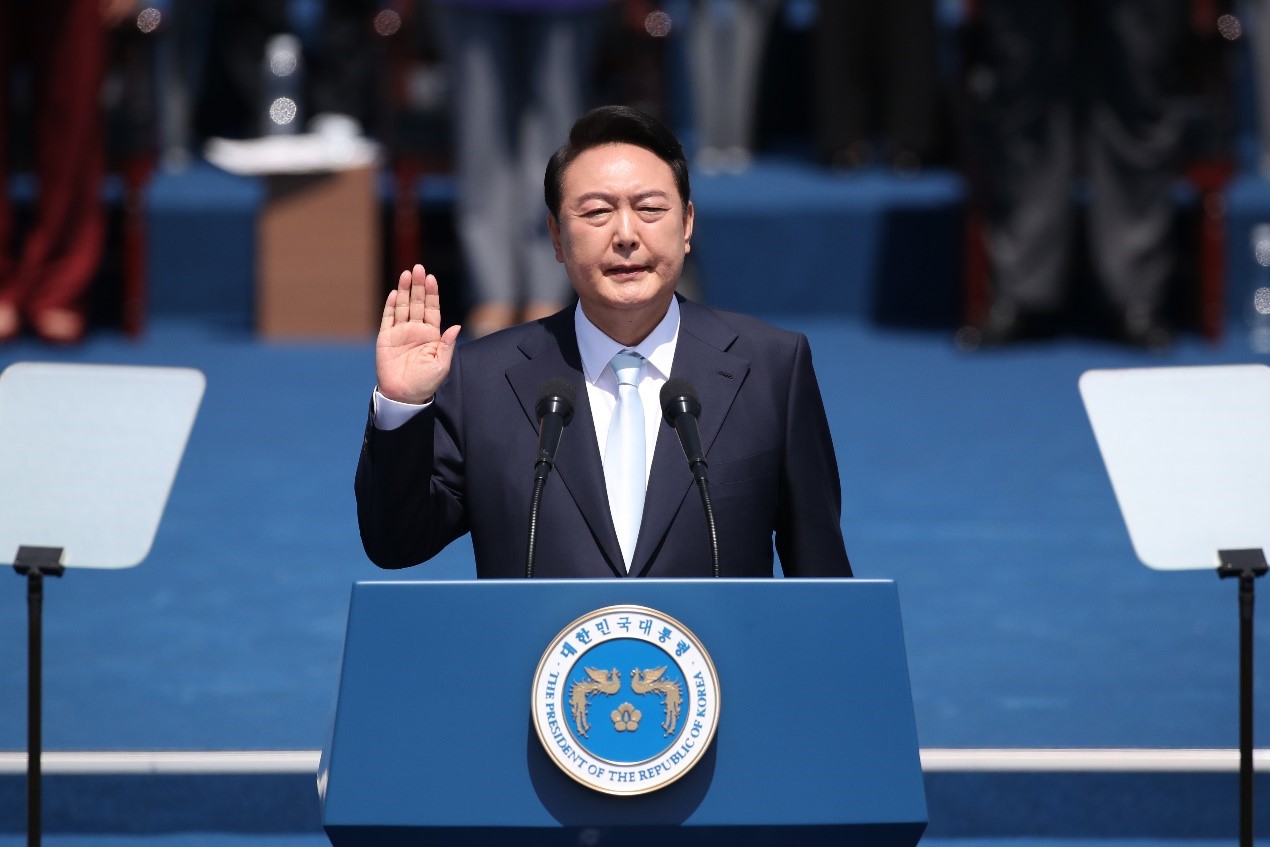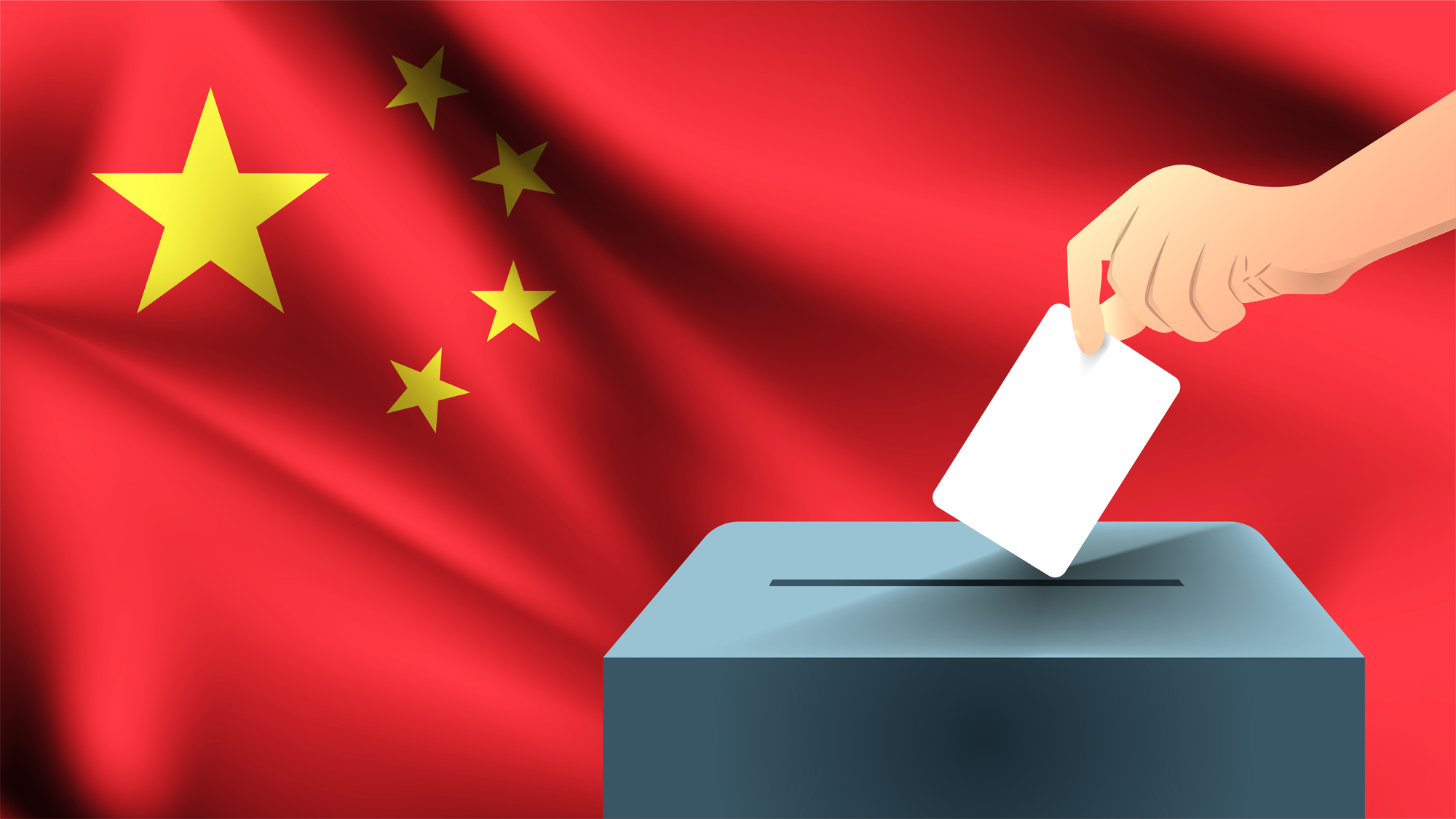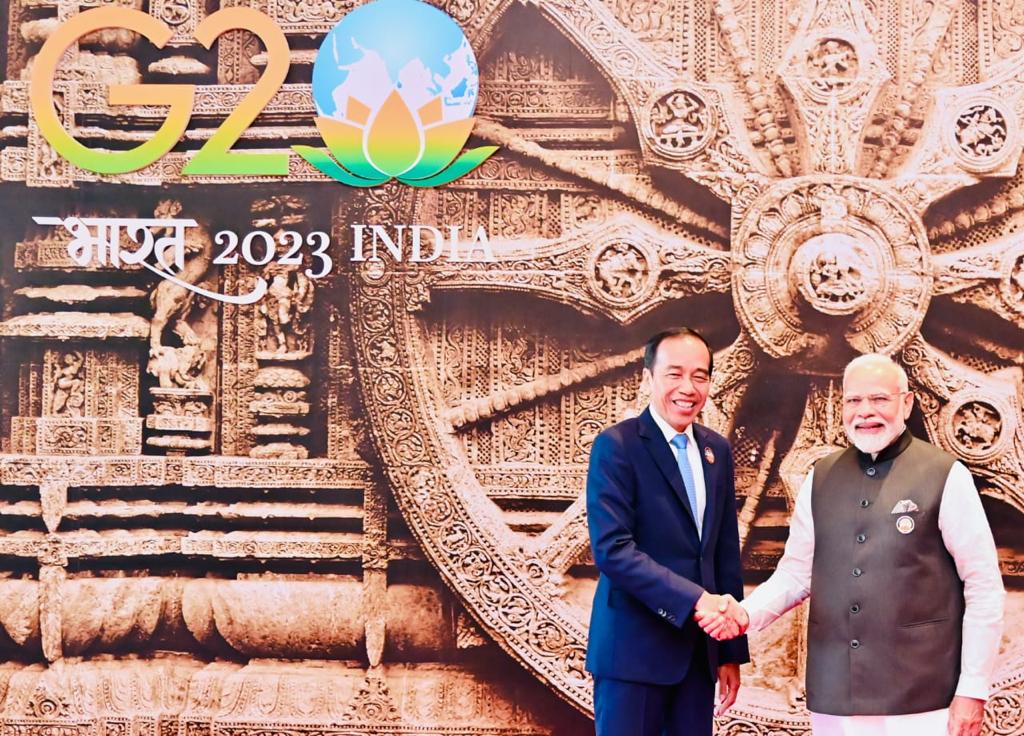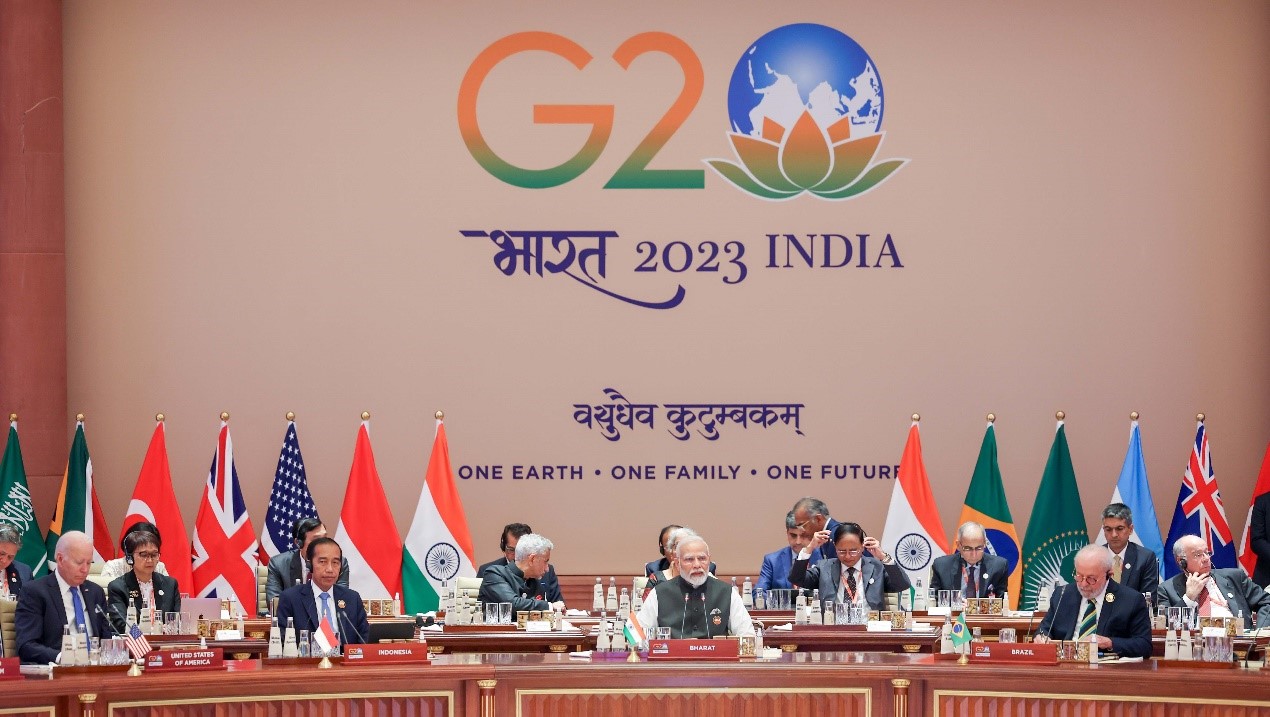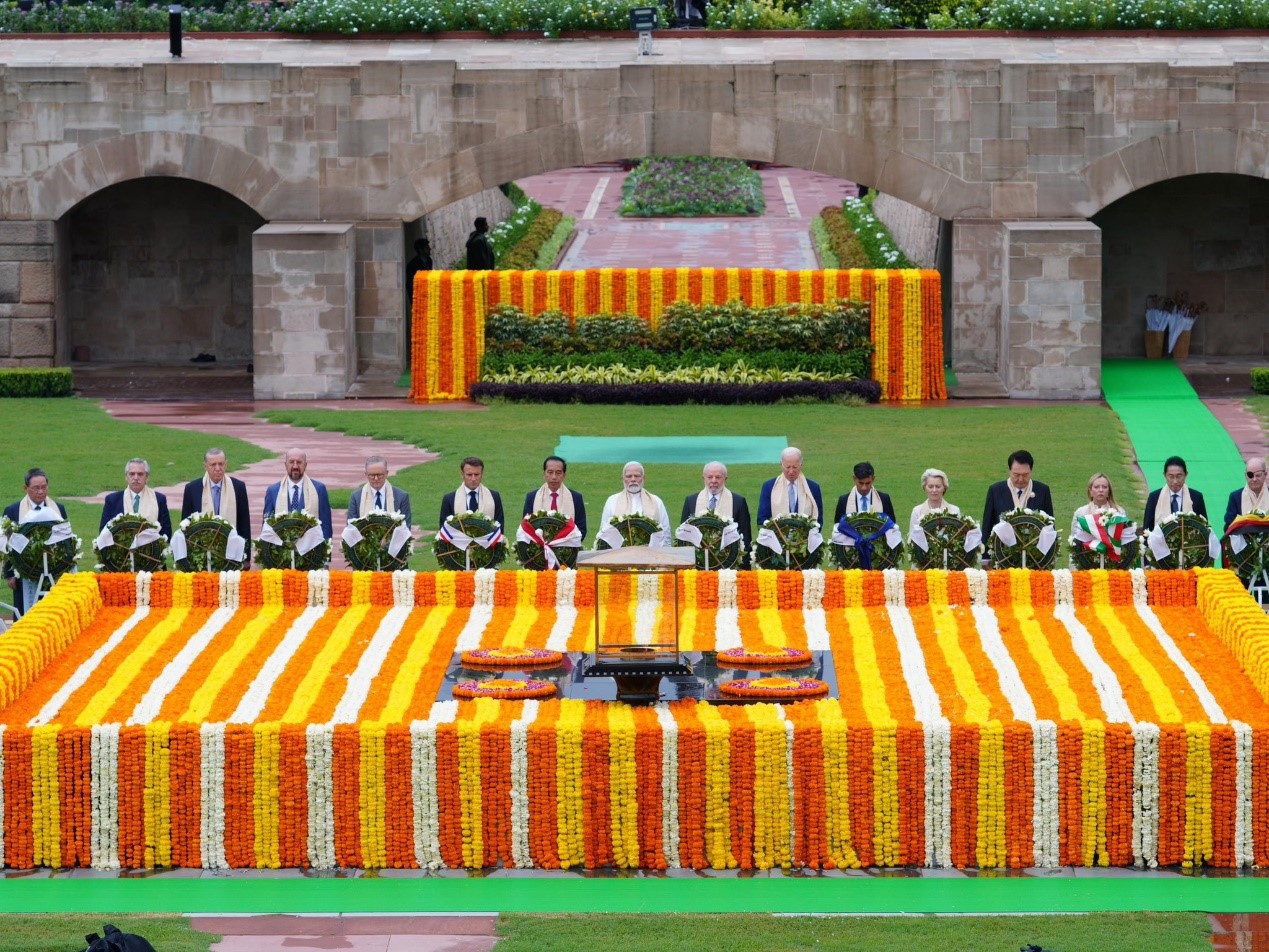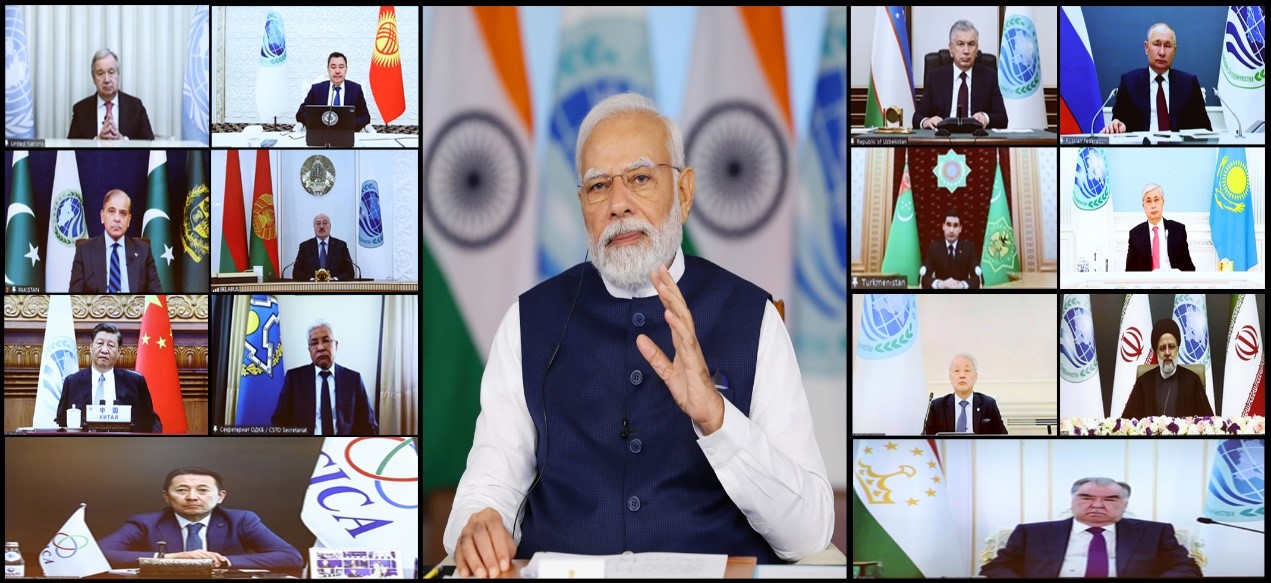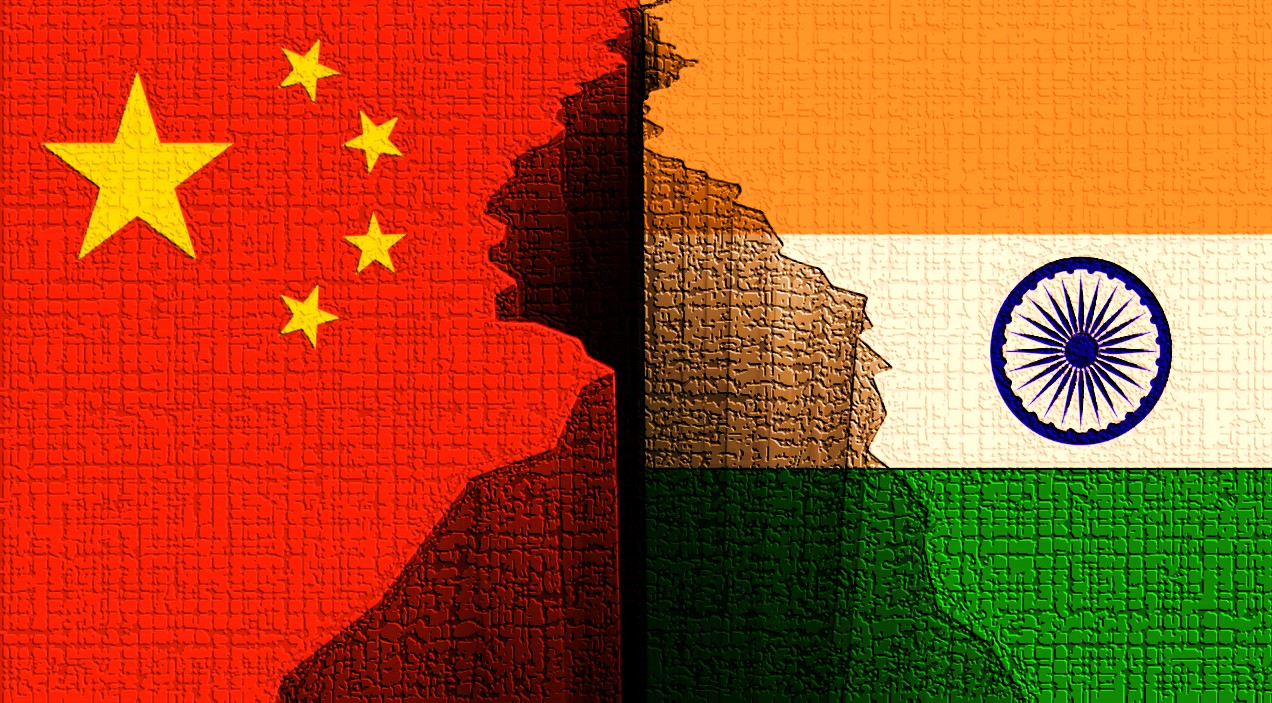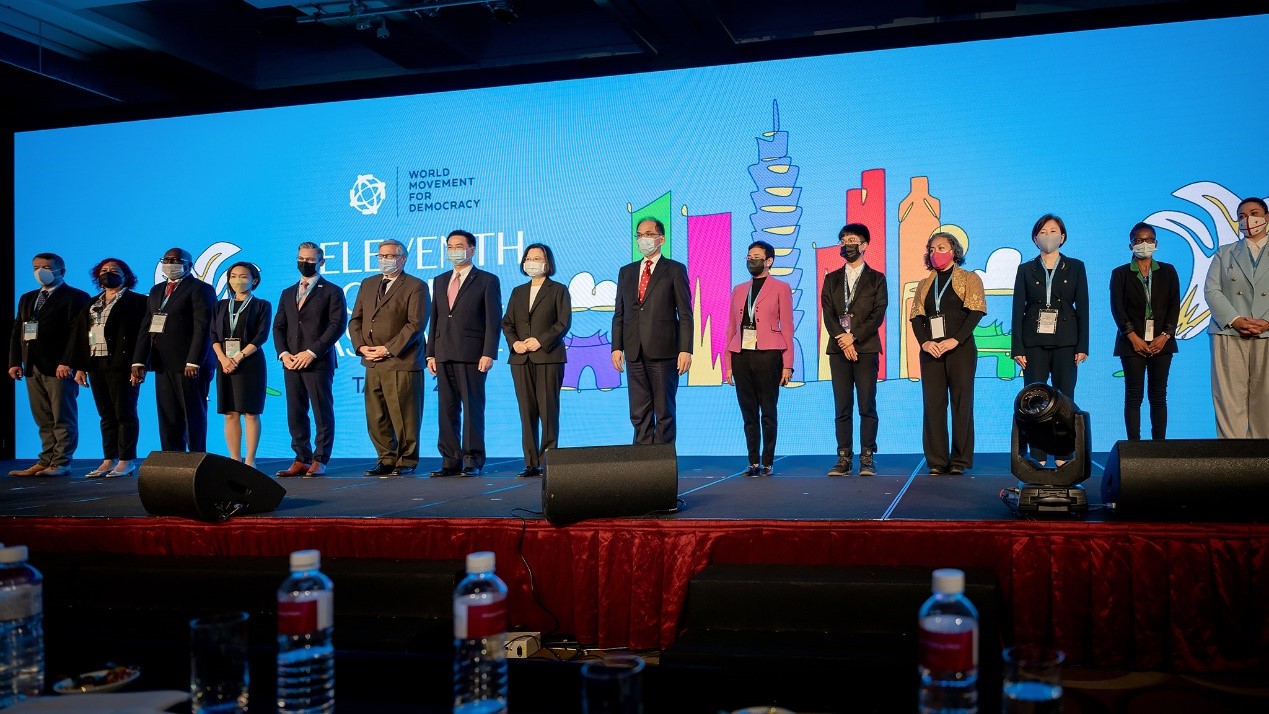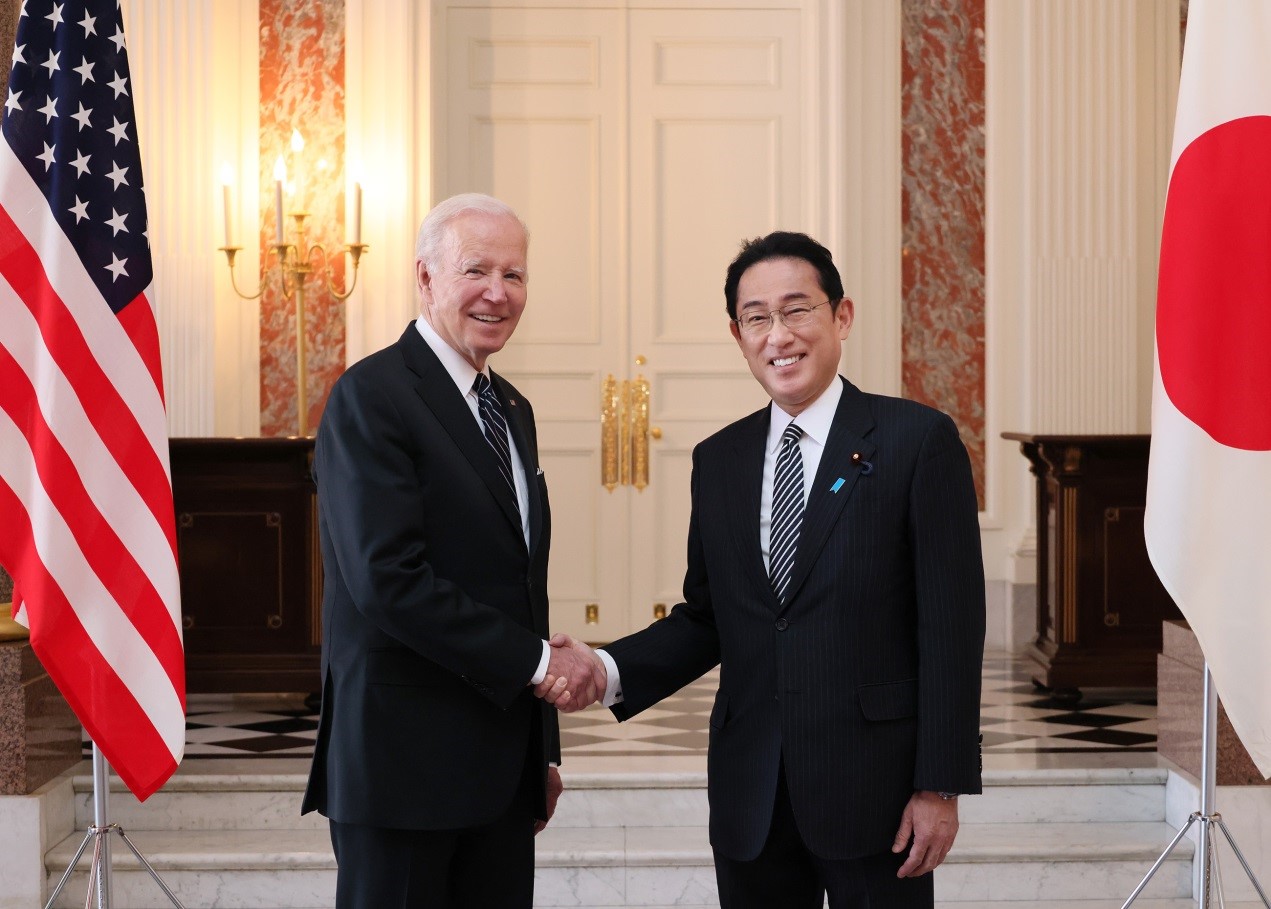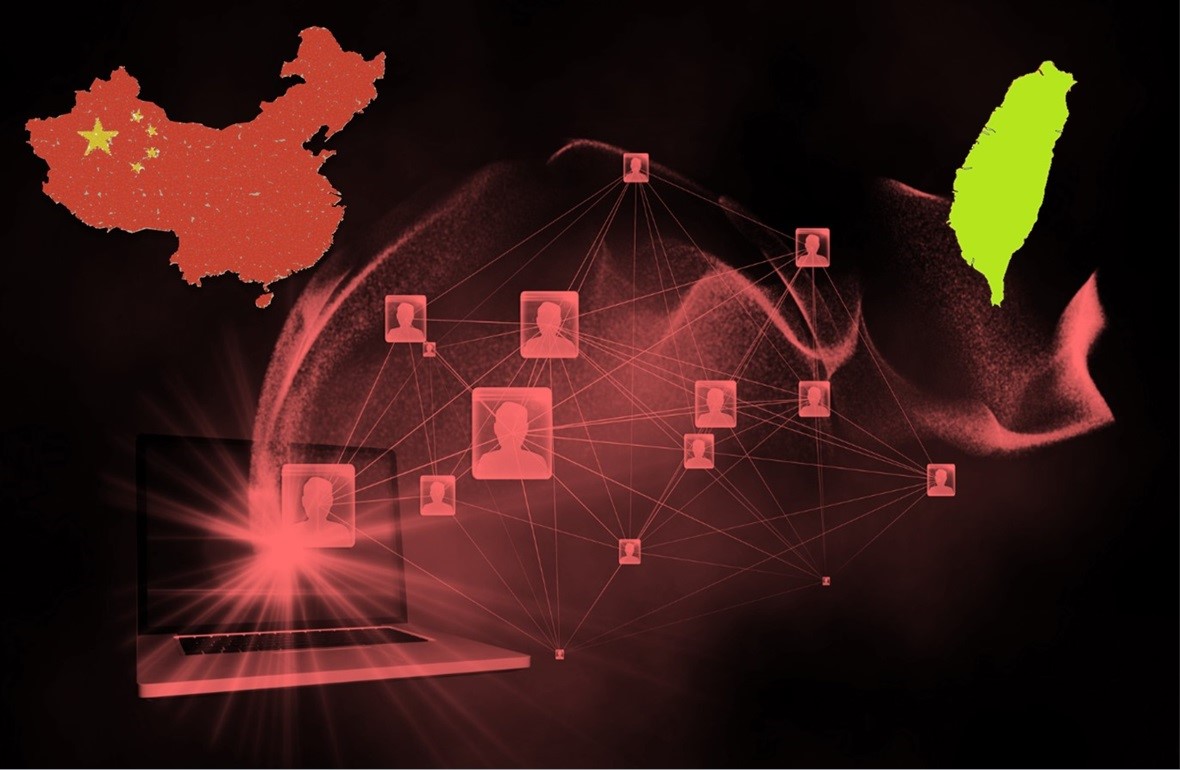When US-Indonesia Maritime Cooperation Meets India’s Indo-Pacific Ocean Initiatives, Democracy is the Key, Maritime is the Framework
U.S. Secretary of State Antony Blinken travelled to Jakarta in the middle of December 2021 on a 48-hour visit for the purpose of enhancing U.S.-Indonesia collaboration and strategizing over President Biden’s policy aims for the Indo-Pacific. Picture source: Secretary Antony Blinken, December 14, 2021, Twitter,
Prospects & Perspectives 2022 No. 4
When US-Indonesia Maritime Cooperation Meets India’s Indo-Pacific Ocean Initiatives, Democracy is the Key, Maritime is the Framework
By Alan H. Yang
January 13, 2022
The security situation in the Indo-Pacific region is quite tense due to the struggle of power politics, and it might be even worse in future due to unilateral aggressive attempts or the military hegemony of some major power. In addition to the breakout of the Covid19-pandemic as the threat to regional non-traditional security, the arms race among major powers in the region has also led to various uncertainties in traditional military security. In particular, China is committed to developing its own missile systems and is accumulating large quantities of missiles. It is also actively researching and developing hypersonic missiles, which are difficult to detect in flight and will likely prove challenging to existing air defense systems. China has thus aggressively developed its own missile capabilities while the international focus is directed at the U.S. and Russian missile disarmament regime.
In November 2021, the U.S. Department of Defense predicted that by the end of 2030, China’s nuclear arsenal would be quadruple its current size. China “may intend to have at least 1,000 missile warheads by 2030.” The security uncertainty will be more intricate. Against this backdrop, stakeholders in the Indo-Pacific region need to work together to raise awareness over regional stability to preserve and advance the rules -based international order in general, and promote an effective mechanism to manage the risks.
U.S. Secretary of State Antony Blinken travelled to Jakarta in the middle of December 2021 on a 48-hour visit for the purpose of enhancing U.S.-Indonesia collaboration and strategizing over President Biden’s policy aims for the Indo-Pacific. This article argues that Blinken’s visit to Indonesia had three strategic meanings.
First, democracy has indeed become the key word for the United States to actively work with Southeast Asia and strengthen its ties with the Indo-Pacific region. With common challenges ahead, democracies with shared values need to work together and support each other to jointly cope with common crises in the Indo-Pacific region.
Second, regarding the challenges, much attention has been paid to the Covid-19 pandemic; moreover, as the United States is now experiencing a surge in the omicron variant, it is estimated that the key issue for Blinken’s visit may center on pandemic governance collaboration. However, his remarks showed a wider range of concerns for President Biden, not merely on pandemic issues. Blinken’s remarks on President Biden’s Indo-Pacific policy tack the threats to human rights, climate emergency as well as the Covid-19 pandemic crises. The call for cooperation on human rights issues is, of course in response to the challenge posed by the export by authoritarianism of ideologies that erode the free and democratic order in the region. Then, cooperation on climate change is one of the key international cooperation issue that President Biden has always been concerned about. Of course, effective collaboration against the pandemic is still the key, but not only for the current pandemic governance; plans for resilient recovery also need to be considered.
Third, of course, the concrete mission of this trip was to express support for Indonesia for its G20 chairmanship and to reiterate U.S. commitment to ASEAN’s centrality. It echoes the existing U. S. position in adhering to the rules-based international order and, to a certain extent, addressing its importance to the geopolitical and geoeconomic order in the Indo-Pacific region. U.S. engagement and commitment to ASEAN centrality calls on all stakeholders to respect ASEAN as the architecture of regional cooperation so that the ASEAN Comprehensive Recovery framework may be the highlight for the enhanced collaboration in the Indo-Pacific region.
Finally, it is worth noting that the United States and Indonesia agreed to build a 2+2 dialogue mechanism to strengthen exchanges and discussions between senior defense and foreign officials. Moreover, the United States and Indonesia signed an MOU on maritime cooperation. The two countries will strengthen cooperation in maritime security, marine resources, conservation, fisheries and freedom of navigation to 2026.
The abovementioned areas are also of strategic interest to another Asian democracy, India. New Delhi has been actively implementing Prime Minister Modi’ Act East Policy through the seven pillars of the Indo-Pacific Ocean Initiative (IPOI). As the U.S.-Indonesia maritime cooperation and India's Indo-Pacific Ocean Initiative continue to progress, Blinken’s visit strongly showed that democracy is the key, while maritime is the framework, to the strategic dynamics to the future of Indo-Pacific region.
| US-Indonesia Maritime Cooperation |
India’s Indo-Pacific Ocean Initiatives |
| ● Maritime security, ● Marine resources, ● Conservation, ● Fisheries and ● Freedom of navigation |
● Capacity Building and Resource Sharing; ● Disaster Risk Reduction and Management; ● Maritime Ecology; ● Maritime Resources; ● Maritime Security; ● Science, Technology and Academic |
A more active presence the U.S. through trade and investment as well as security engagement will be expected in the Indo-Pacific region, especially in the post pandemic era. U.S. -Indonesian cooperation will be encouraging to regional democracies. Accordingly, a more consolidated tone and joint efforts among ASEAN members will be directed to enhance the practice of the ASEAN Comprehensive Recovery Framework (ACRF).
Taiwan, as a responsible stakeholder and the facilitator of good governance in the Indo-Pacific, will be important to the establishment of a robust supply chain (not only in terms of providing advanced semiconductors). While democracy is the key and maritime is the framework, Taiwan needs to continue its good work of implementing and enhancing the New Southbound Policy (NSP) to contribute to post-pandemic recovery and to restore socio-economic resilience in the region. Taiwan’s multifaceted engagement under the NSP will facilitate a more resilient regional collaboration for the new Indo-Pacific configuration in 2022.
(Dr. Yang is Distinguished Professor, Graduate Institute of East Asian Studies, Deputy Director, Institute of International Relations, National Chengchi University, Taiwan. )


